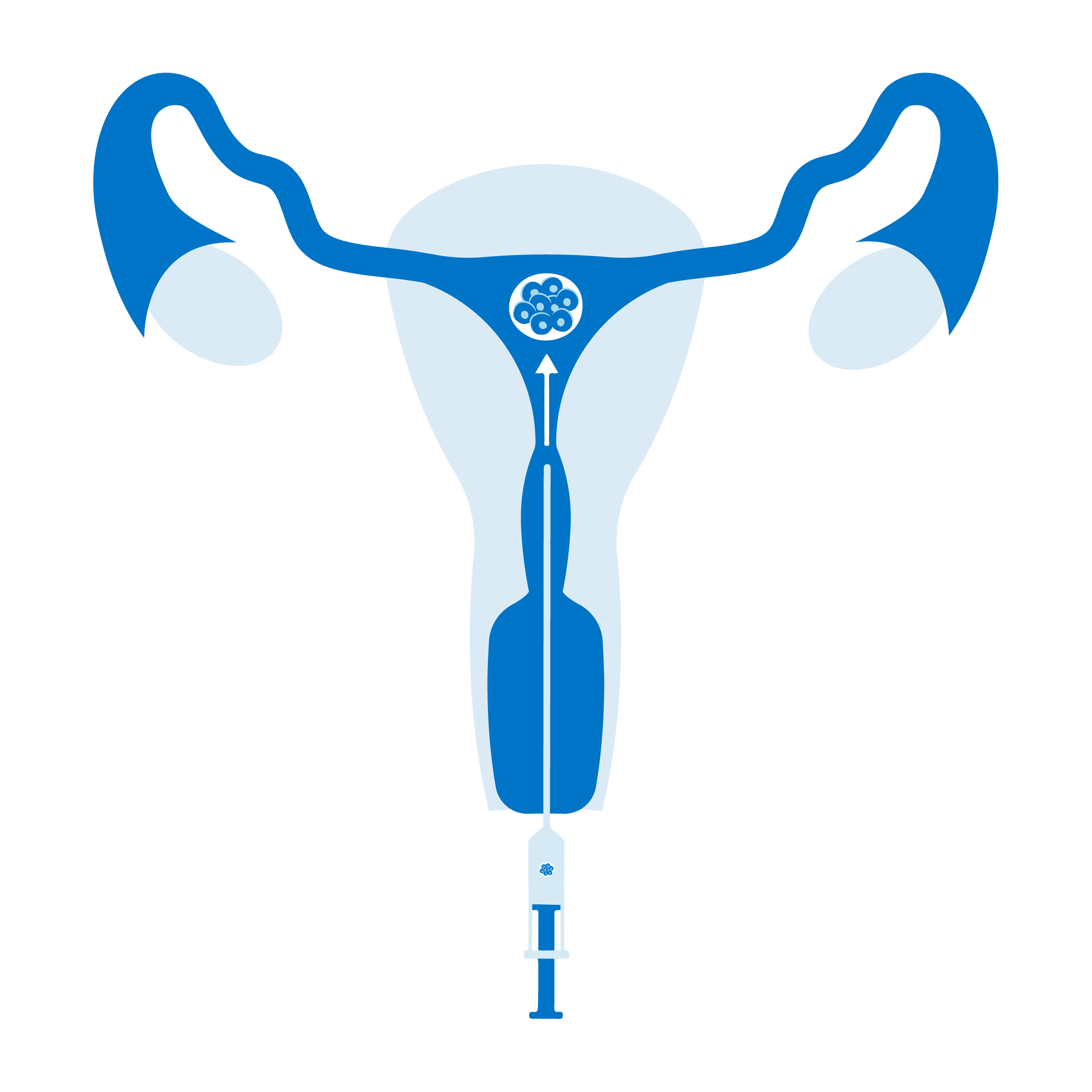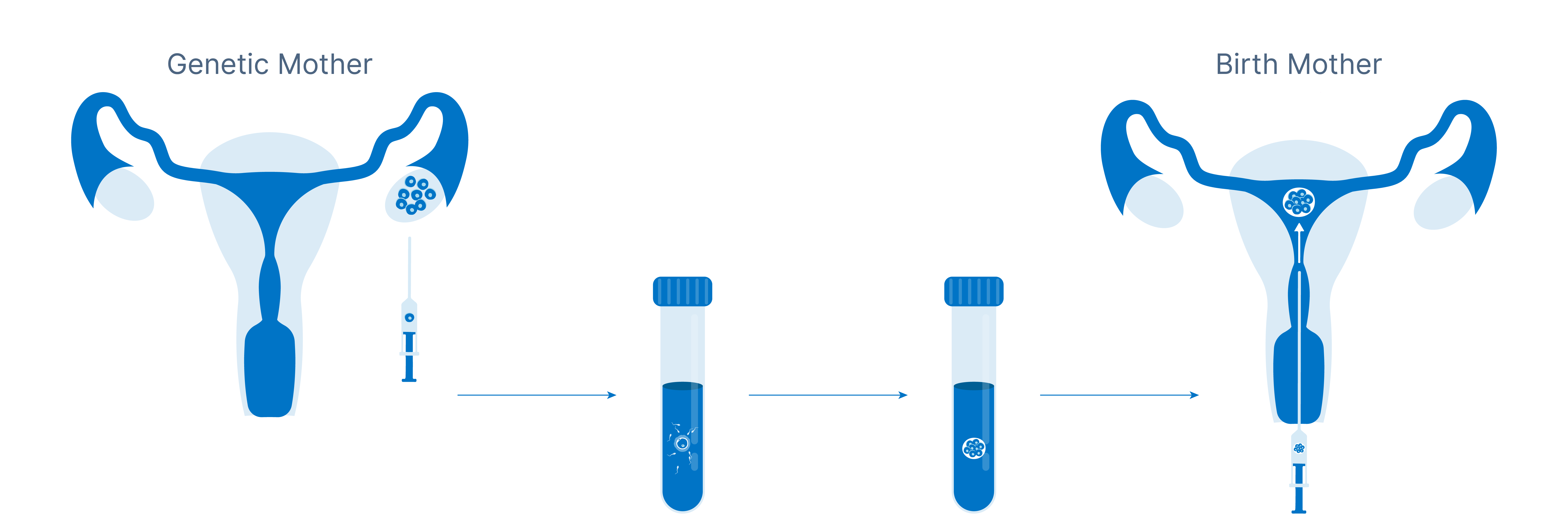
What is Reciprocal IVF?
Reciprocal IVF, also referred to as co-maternity, is a unique fertility treatment designed for same-sex female couples, allowing both partners to actively participate in the conception and pregnancy process. This treatment enables one partner to contribute the eggs (genetic material), while the other partner carries the pregnancy, creating a deeply shared experience of parenthood. It’s a powerful option for couples who want both partners to have a biological and emotional connection to their child.

How Does Reciprocal IVF Work?
Reciprocal IVF is similar to traditional IVF but involves two partners with distinct roles. Here’s a detailed explanation of the process:

Advantages of Reciprocal IVF
Advantages of Reciprocal IVF

Who Can Benefit from Reciprocal IVF?
Reciprocal IVF is ideal for same-sex female couples who want both partners to have an active role in creating and carrying their child. It is particularly beneficial for couples where both partners have good reproductive health and want to share the responsibilities and joys of both genetic contribution and pregnancy.
Success Rates and Considerations
Success rates for Reciprocal IVF depend on the age and health of the egg-providing partner, the quality of the sperm, and the reproductive health of the partner carrying the pregnancy. Younger women typically have higher success rates due to better egg quality, and a healthy uterine environment is essential for successful pregnancy.
Get An Appointment
Your information is safe with us. We respect and protect your privacy. We will not rent, sell or share your personal information with outside companies for their promotional use. We will not distribute your personal information to outside parties without your consent.

Ready to Take the Next Step?
Understanding your fertility health is the first step toward achieving your dream of parenthood. Let us provide you with the answers and guidance you need.

